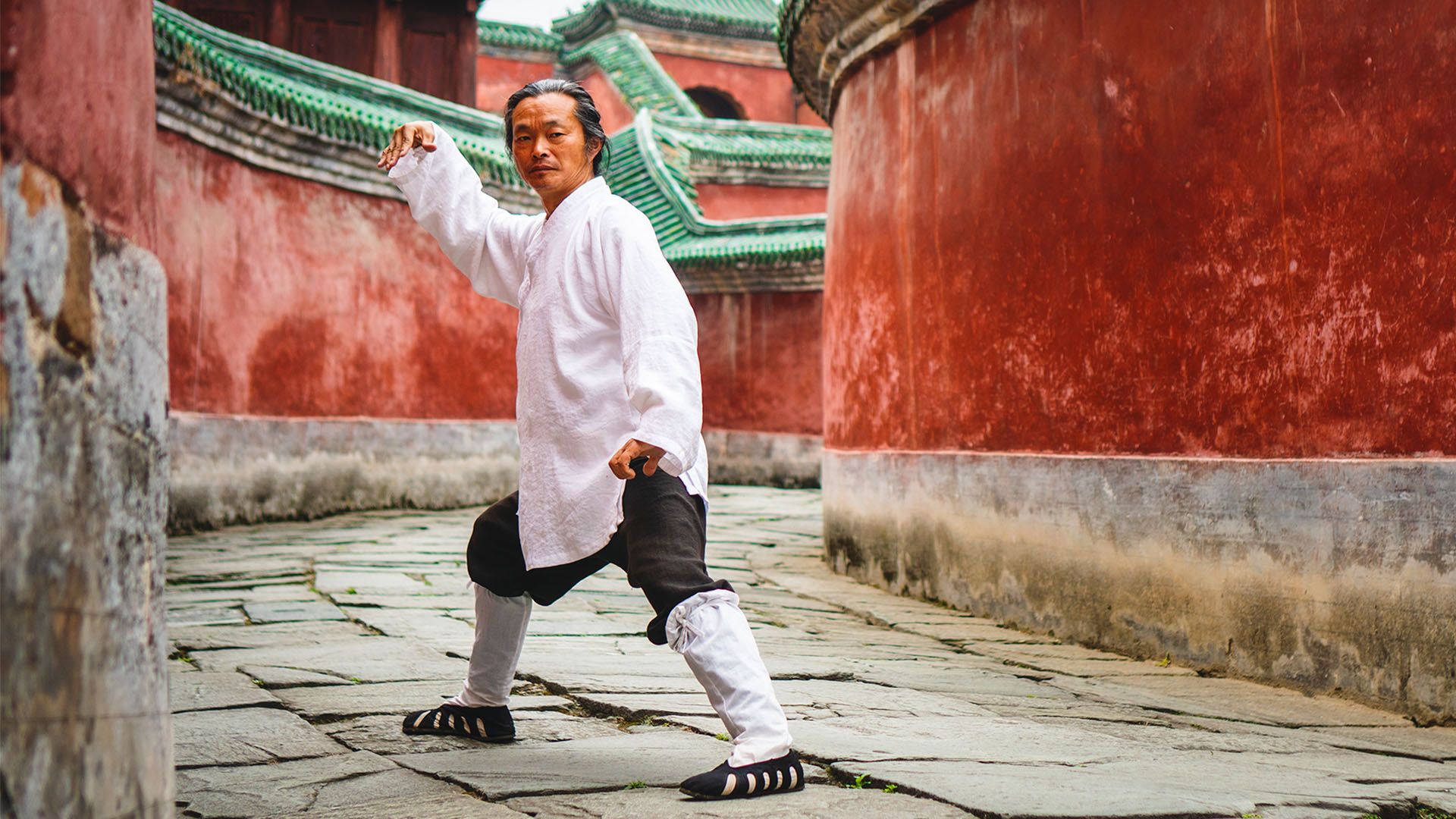Judo vs Karate: 5 Major Differences
Jun 22, 2024
Choosing between judo and karate can be challenging. Understanding the major differences helps make an informed decision. These martial arts offer distinct benefits and techniques. Karate focuses on striking and stand-up fighting, making it an aggressive form of martial art. Judo, on the other hand, emphasizes grappling and throwing techniques, classified as a soft martial art. Both styles have unique training methods and philosophies. To help you decide which suits your needs better, we will outline the five major differences in the Judo vs Karate debate. This complete guide will provide insights into each martial art's strengths and applications.
Table of Contents
The Essence of Judo
Judo, a form of martial art, focuses on throws and submission techniques. Practitioners, known as judoka, train in a dojo to master various throwing techniques. This martial art emphasizes using an opponent's force against them, making it effective for self-defense. Judo's foundation lies in the principle of "maximum efficiency, minimum effort."
Techniques derived from jiu-jitsu, including grappling and throws, highlight its effectiveness. Earning a black belt represents a significant achievement in judo, demonstrating advanced skill and dedication. Sparring sessions help judoka refine their skills and prepare for real-world applications.
The Principles of Karate
Karate, a striking-based martial art, emphasizes punches, kicks, and open-hand techniques. Originating in Okinawa, it evolved into a comprehensive self-defense system. Practitioners train rigorously in dojos, focusing on form and discipline. Shotokan, a popular style, highlights linear movements and powerful strikes.
Earning a black belt symbolizes mastery and a profound understanding of karate principles. Karate training involves kata, a series of choreographed movements, and sparring sessions to hone techniques. Core principles include respect, perseverance, and self-control, making karate not just a physical activity but a way of life.
Also Read: Kung Fu vs Karate
Judo vs Karate: Major Differences
1. Techniques and Movements:
Judo and karate both originated in East Asia but have distinct techniques and movements. Judo, a soft martial art, focuses on grappling and throwing techniques. Practicing judo involves nage, which emphasizes throwing your opponent using their force. Karate, a striking martial art, centers on punching and kicking. Karatekas train in kata, a series of choreographed movements, and Kumite, which involves sparring.
The difference between the two styles lies in their approach to combat. While judo practitioners, or judokas, aim to unbalance and throw their opponents, karatekas focus on stand-up fighting with powerful strikes.
2. Training Methods:
Training methods in judo and karate vary significantly. Judo training includes randori, where judokas practice grappling techniques in a free-form manner. Practicing judo requires a keikogi, and progress is marked by a belt system. Karate training focuses on forms and sparring. Karatekas perform kata to perfect their techniques and engage in kumite to test their skills in simulated combat.
Instructional training videos and self-defense videos are commonly used for learning karate. The training emphasizes discipline and physical conditioning. Judo's training methods, however, prioritize efficiency and leverage.
3. Focus:
The focus of judo and karate differs in their approaches to martial arts. Judo's primary focus is on grappling and throwing the opponent. Developed by Jigoro Kano, judo emphasizes minimum effort and maximum efficiency. Karate, founded by Gichin Funakoshi, focuses on striking techniques and self-defense. Karate's emphasis lies in punching and kicking, making it an aggressive form of martial art.
Both martial arts encourage self-improvement and discipline, but their techniques and principles vary. While judo focuses on using body maneuvers to throw opponents, karate focuses on precise strikes and kicks.
4. Self-Defense:
In terms of self-defense, judo and karate offer unique advantages. Judo is effective for close-quarters combat, using joint locks and throws to neutralize threats. Law enforcement agencies often use judo techniques for their effectiveness in self-defense. Karate, with its focus on striking and kicking, is more suitable for stand-up fighting in street fights. Self-defense rather than karate might involve striking vital points to incapacitate an attacker quickly.
Both martial arts offer valuable skills, but their approaches to self-defense differ significantly. Karate emphasizes offensive techniques, while judo relies on defensive maneuvers to subdue opponents.
5. Competition and Sport:
Competition and sport play significant roles in both judo and karate. Judo recognized as an Olympic sport, involves competitive matches where judokas score points through throws and submissions. Winning in judo often requires achieving an ippon, a perfect throw, or submission. Karate today also features in the Olympic Games, with competitions focusing on kata and kumite.
The difference between the two sports lies in their scoring systems and competition formats. Judo's competitions emphasize grappling, while karate focuses on striking techniques. Both martial arts require rigorous training and discipline to excel in competitions, making them popular combat sports worldwide.
Choosing Between Karate and Judo
Choosing between karate and judo depends on personal goals and interests. Karate focuses on striking techniques, including punching and kicking, making it suitable for stand-up fighting. It is an aggressive form of martial art, beneficial for those seeking to improve striking and self-defense skills. Karate training often includes kata and kumite, enhancing precision and discipline. Practicing judo, on the other hand, emphasizes grappling and throwing techniques.
As a soft martial art, judo uses an opponent's energy against them, focusing on unbalancing and throwing the opponent. Founded by Jigoro Kano, judo's principles of minimum effort and maximum efficiency suit those interested in leverage and control. Both martial arts offer self-defense benefits, but judo is often taught to law enforcement due to its grappling techniques. Whether choosing karate or judo, both styles contribute to self-improvement and physical fitness.
Conclusion
Understanding the major differences between judo and karate helps choose the right martial art. Judo focuses on grappling and throwing, while karate emphasizes striking and kicking. Each style offers unique benefits for self-defense and fitness. The key differences in the Judo vs Karate debate provide a clearer perspective on which martial arts align with personal goals. Have you decided which martial arts suits your needs better: judo or karate?







